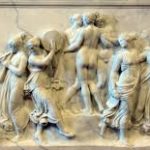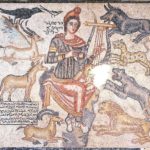Ancient Roman Julius Caesar, every high school kid has heard of his name. He is one of the most famous emperors of the world. He was the one who ushered the formation of the Roman Empire from the Roman Republic.
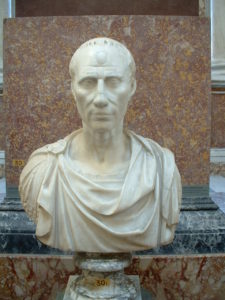
Everything about him is an enigma, from his humble beginnings to his rise to power till his controversial death. Made famous by the famous play by William Shakespeare, this great man has inspired millions.
Ancient Roman Julius Caesar
Roman Julius Caesar is said to be born in the year 100 BC in a patrician family. His father Gaius Julius Caesar governed the province of Asia. His mother Aurelia Cotta came from a very influential family. His father died when he was just sixteen years old, leaving him to be the head of the family.
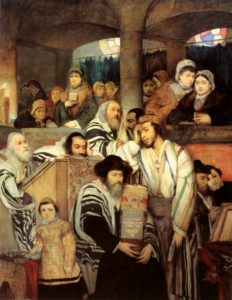
The following year after his father’s death he was nominated for the post of High Priest of Jupiter. According to law, the High Priest of Jupiter not only had to be a patrician himself but also had to be married to a patrician girl. Hence he broke his engagement with a plebian girl he was engaged to since childhood and married a patrician girl named Cornelia.
Julius Caesar Family
Julius Caesar’s post in the capacity of High Priest did not last long. He was under threat from Sulla who had appointed himself as dictator because Caesar was the son-in-law of Cinna, Cornelia’s father. Hence he was forced to go into hiding. The threat was removed only by the intervention of his mother’s family which had a few supporters of Sulla.
According to rule, the High Priest of Jupiter was not permitted to touch a horse, or sleep for more than three consecutive nights outside his own bed, or sleep for any single night outside Rome. All the above he did during the period of his hiding. The loss of his priesthood allowed him to embark upon a military career.
Julius Caesar Facts
Julius Caesar in ancient Rome had a pretty successful run in the military. He won the civic crown for an important siege. After Sulla’s death in 78 BC, he returned to Rome where he was elected military tribune, which was the first step in his political career.
He was then elected to quaestor for 69 BC. In 63 BC, he ran for the post of Pontifex Maximus, the chief priest of the Roman state religion. He won the election comfortably even though he had very powerful opponents.

After his praetorship, he was appointed as the governor of Spain but Caesar has considerable debts that needed to be paid. For this, he took the help of Crassus, one of the richest men of Rome. In return for political support in his opposition of Pompey, Crassus paid Caesar’s debts.
Julius Caesar stood for election as a consul in 60 BC and became consul in 59 BC in ancient Rome. Even though the election was dirty, Caesar eventually won. Even though Caesar was in Crassus’s political debt, he made overtures to Pompey. Pomper and Crassus were at odds for over a decade. Caesar reconciled them and the First Triumvirate was formed.
Julius Caesar Timeline
In 58 BC Caesar went to Gaul, which is the present day France, to serve as a governor. In this position as a governor, Roman Julius Caesar conquered more lands for the Roman Empire.
Even though he has a successful governor, he was successful in the military with thousands of loyal soldiers, he was seen by many as a cruel leader trying to expand his own personal power. Thus, he ended up making enemies of many important politicians in Rome.
Senate
The Senate asked Caesar to hand over his army to them in 49 BC. Caesar refused to do so. Instead, he advanced on Italy reached the river Rubicon, which was the line which divided Gaul and Italy. According to Roman law, a governor was not allowed to cross his province. Caesar still crossed the Rubicon and confronted his enemies in Rome.
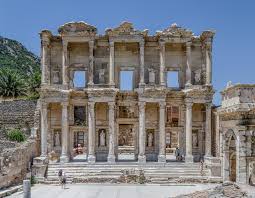
Even though the Roman senate considered it a treasonable offense, they could not do much about it. Caesar’s opponents were not united and on top of that Caesar had a very powerful military. For the next three years. Caesar picked up his enemies, wherever they were.
In 45 BC, Caesar became a dictator. He allowed the Senate to continue working. He replaced disloyal senators with his own loyal men but he did not take away the wealth and power of the senators he removed. These very senators plotted against him and assassinated him in 44 BC at the senate house in Rome. His death signals the end of the Roman republic.
